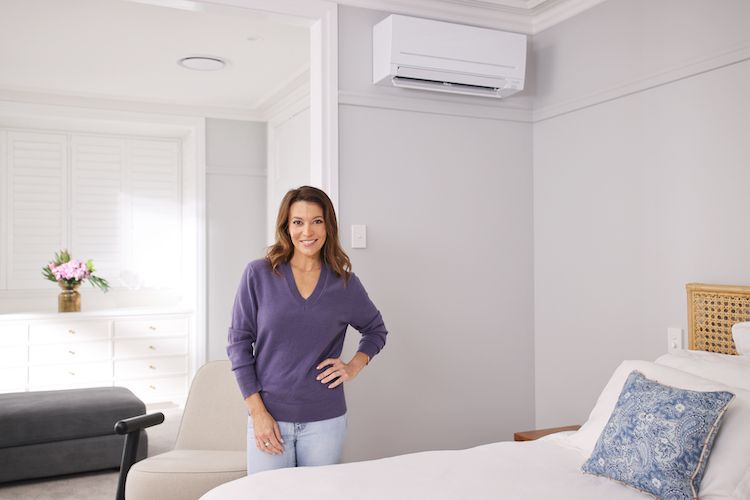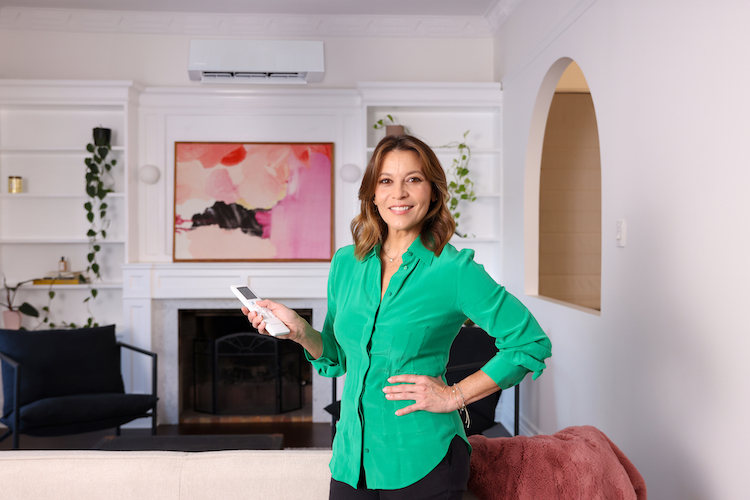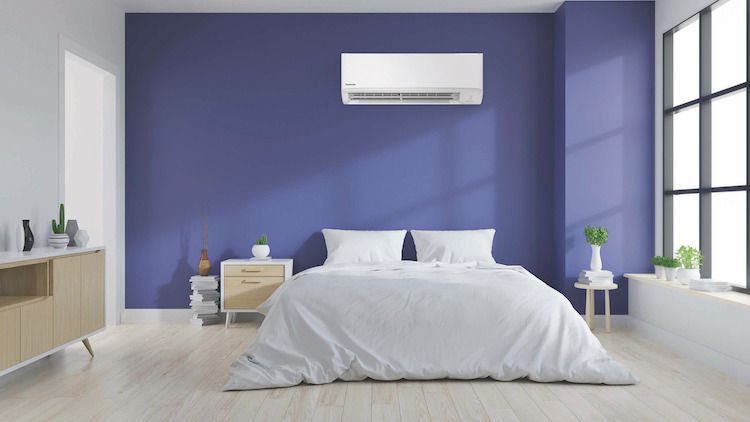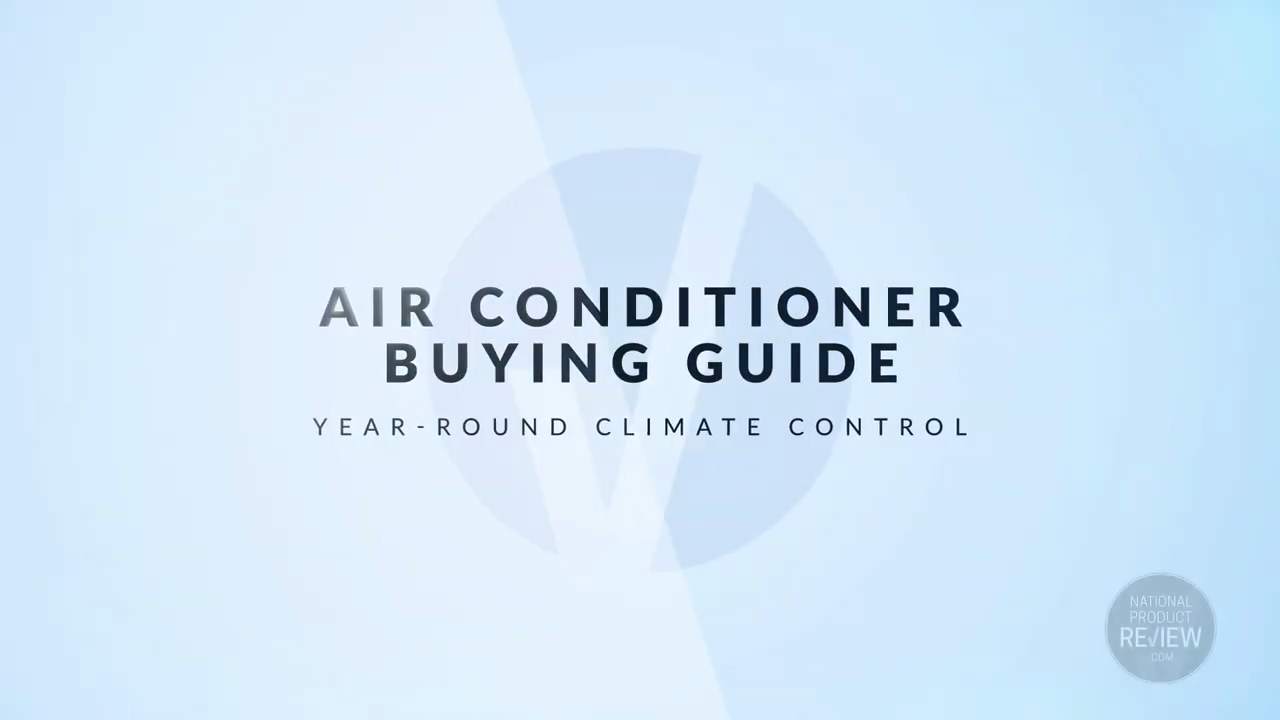How to Buy the Right Air Conditioner for Your Needs
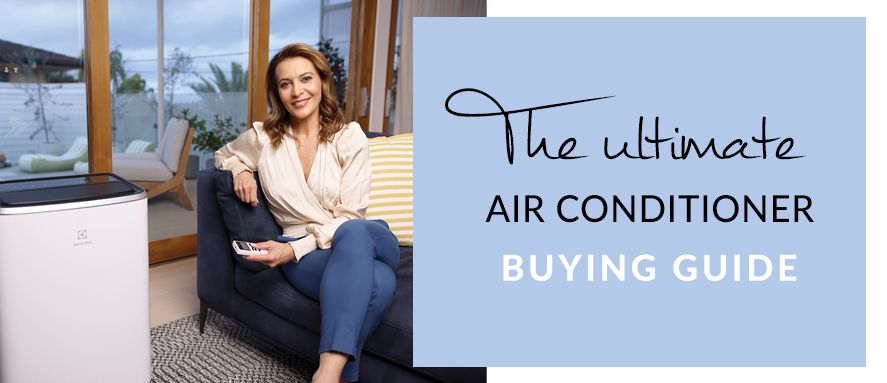
Confused about air conditioners? Find the perfect cooling solution for your home! Learn about all air conditioner types, factors to consider, and top picks.
FAQs
When choosing an air conditioner, consider these key features:
- Energy Efficiency: High Energy Star rating, inverter technology.
- Cooling Capacity: Matched to room size.
- Noise Level: Low noise operation, especially for bedrooms.
- Smart Features: Wi-Fi connectivity, voice/app control, smart sensors.
- Air Filtration: High-quality filters for clean air.
- Additional Features: Dehumidification, multiple operating modes, timer, sleep mode.
To determine the right air conditioner size for your home, consider these factors:
- Room Size: Measure the length and width of the room in square metres.
- Ceiling Height: Higher ceilings require more powerful units.
- Insulation: Well-insulated rooms require smaller units.
- Climate: Hotter climates require larger units.
- Number of Occupants: More occupants require more cooling power.
- Sun Exposure: Rooms with more sunlight exposure require larger units.
- Small Rooms (up to 20m²): 2-2.5kW
- Medium Rooms (20-40m²): 2.5-5kW
- Large Rooms (40-60m²): 5-9kW
- Extra Large Rooms (60m²+): 6-10kW
A split system air conditioner is a popular choice for heating and cooling homes. It consists of an indoor unit that cools or heats a room, and an outdoor unit that releases heat or cold air. Split system air conditioners are energy-efficient, quiet, and relatively easy to install. They are also versatile, allowing you to control the temperature in specific rooms.
Yes, many air conditioners can be used for heating. This is particularly true for reverse cycle air conditioners. These units can switch between cooling and heating modes, making them a versatile option for year-round climate control. They extract heat from the outside air, even on cold days, and distribute it throughout your home.
It's important to note that not all air conditioners have this heating capability. So, when purchasing a new unit, ensure it's a reverse cycle model to enjoy both cooling and heating functions.
Reverse cycle air conditioners are highly efficient heating and cooling systems. Unlike traditional electric heaters that generate heat, they transfer it from one place to another. This means they can produce significantly more heat or cooling energy than the electricity they consume, making them a cost-effective and environmentally friendly choice.


